We all love to keep our homes clean. However, we can cause more harm than good when we use certain items for this essential daily chore. Here are 19 such items and combinations to avoid to keep surfaces in your home in top condition and free of damage.
Bleach on Stainless Steel
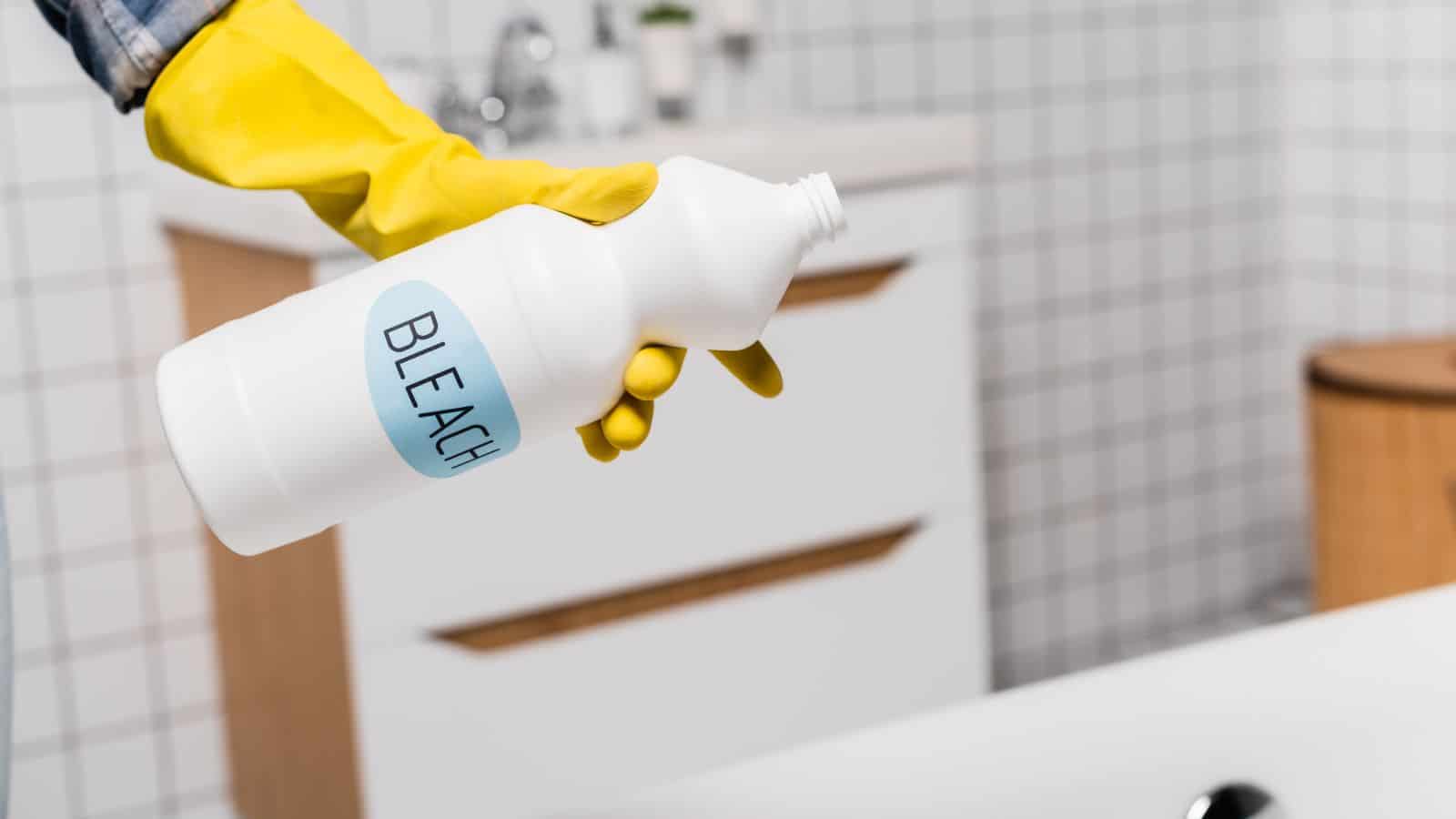
Your stainless steel utensils may get stained or corroded when you use bleach on them, and they then become either unsightly to look at or even unsafe to use for eating. Just keep it simple here, and the New York Times says all you need are warm water, regular dish soap, microfiber cloths, and sponges for tough stains.
Vinegar on Natural Stone
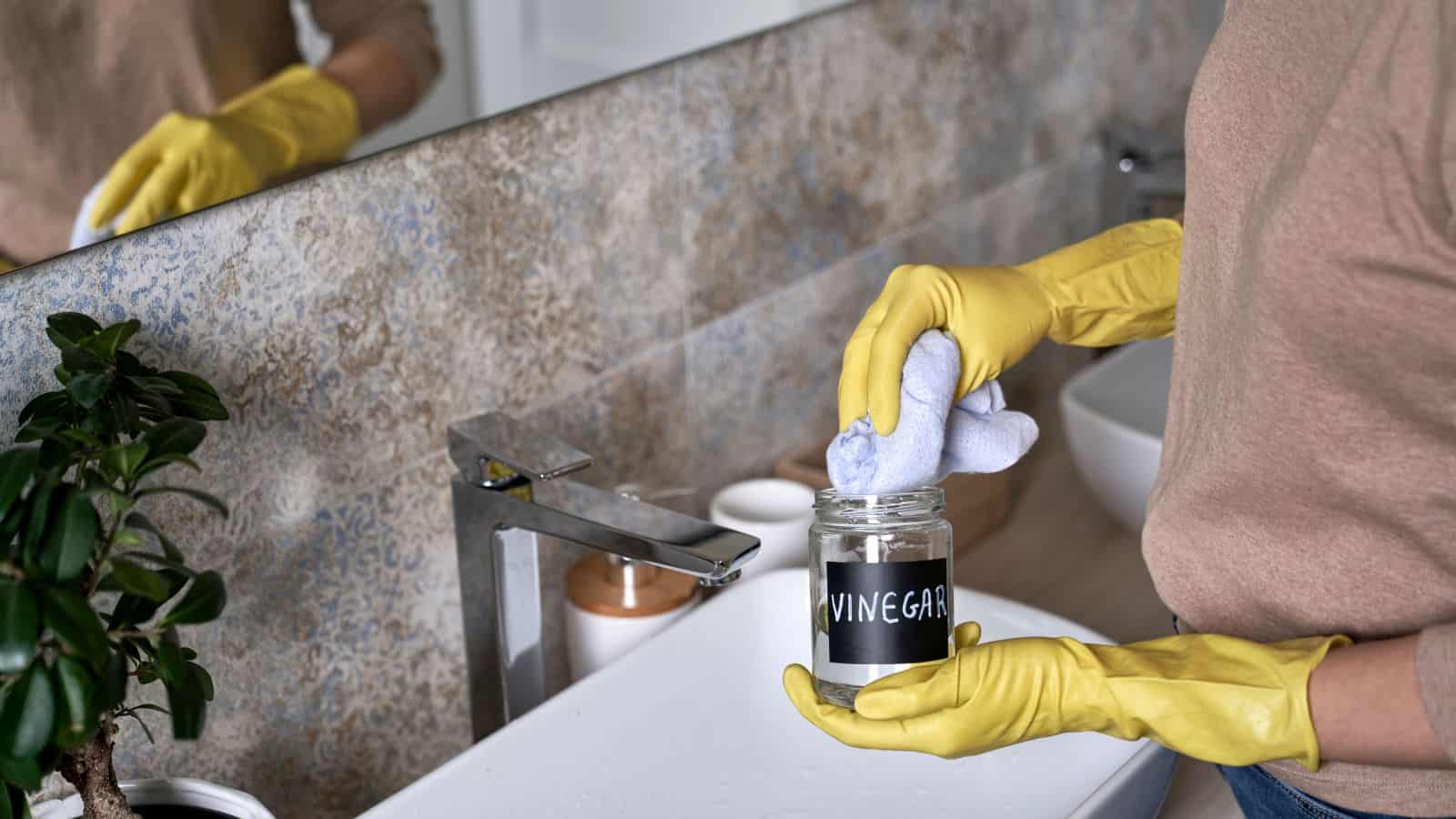
Vinegar is acidic, and natural stone surfaces like marble, granite, and limestone are sensitive to it. Consumer Reports shares that using vinegar on marble countertops, for instance, can spoil their finish. And with surfaces like granite it can break down sealers applied to them. You’re better off using a pH-neutral cleaner specifically designed for natural stone.
Ammonia on Wood Floors
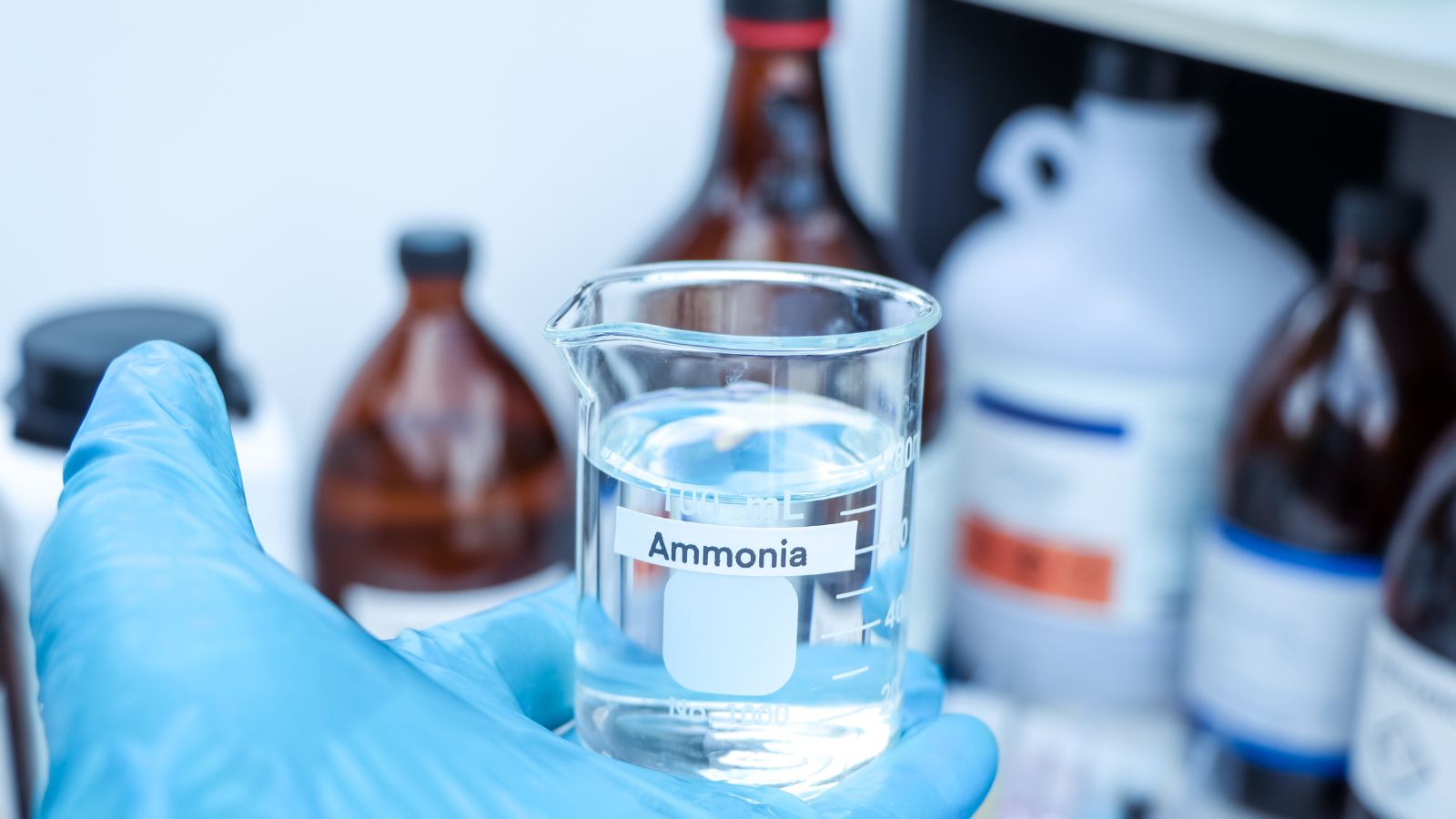
Ammonia dissolves wood floor finishes and, like abrasive scrubs, can leave your floors looking dull and even more susceptible to damage. Regular homemade cleaning products will do just fine to keep your floors clean and well protected, and if you aren’t comfortable with them, opt for a gentle floor cleaner.
Baking Soda on Aluminum
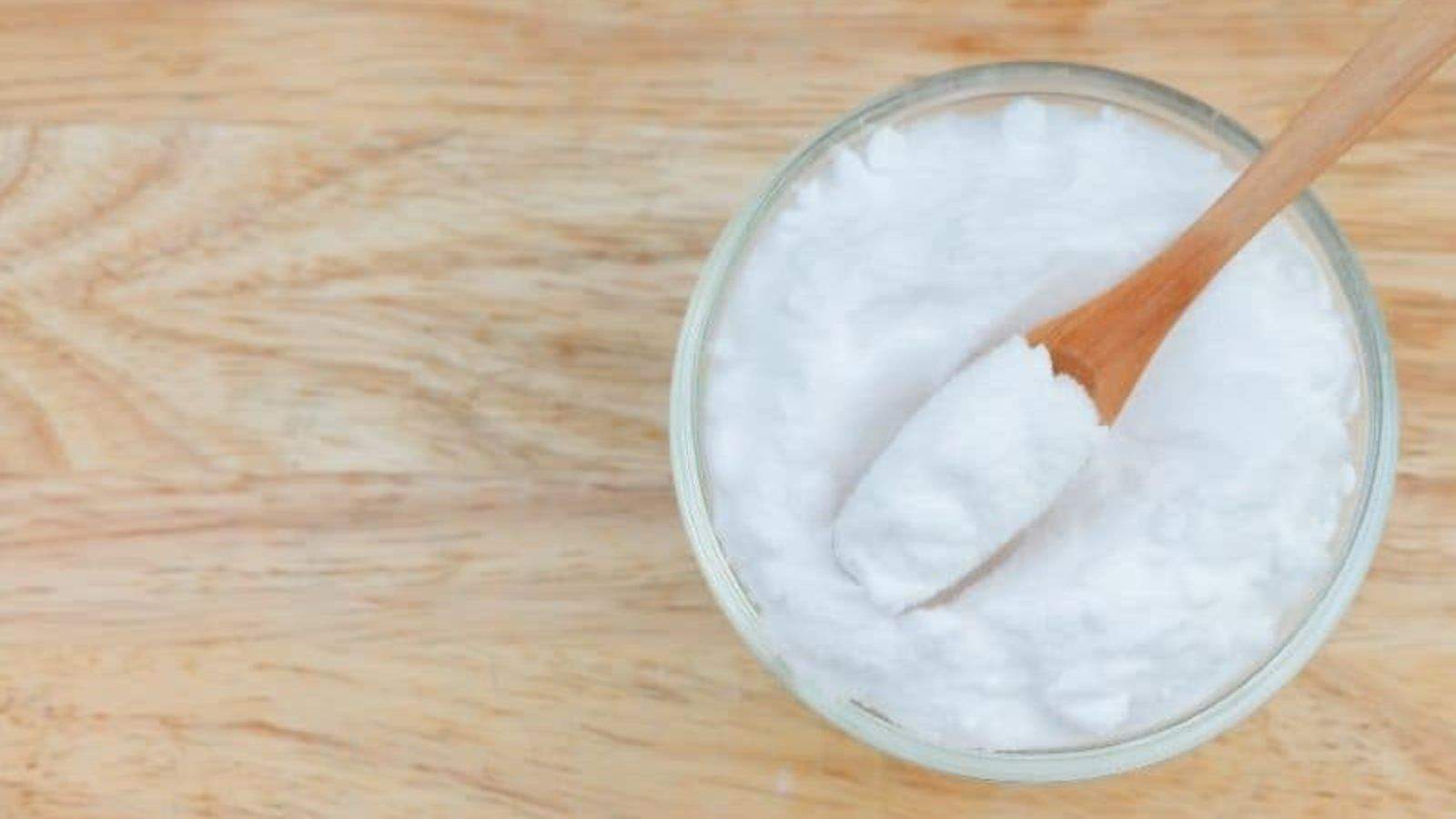
Discoloration and pitting can result from using baking soda on aluminum surfaces, and this is especially true when you don’t rinse off baking soda immediately. What you should do is clean aluminum surfaces with a mild soap and water solution or use a cleaner specifically formulated for aluminum to prevent any damage or degradation.
Abrasive Cleaners on Glass
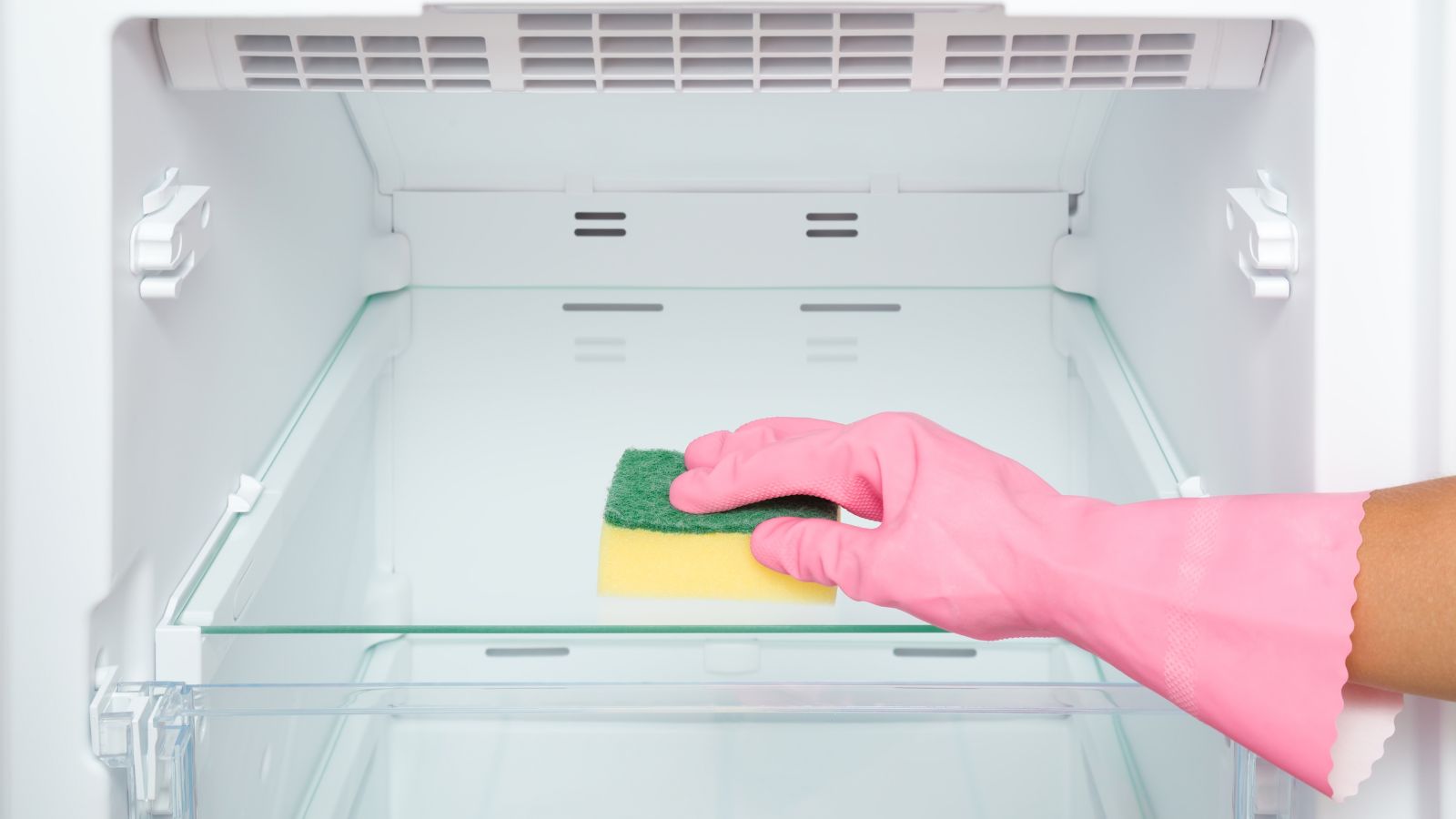
Glass surfaces may develop scratches and cloudiness when abrasive cleaners are used, which then leaves them not just rough but also less transparent. Use a soft cloth and a non-abrasive glass cleaner instead to maintain the clarity and smoothness of glass windows, mirrors, and tabletops in your home.
Hydrogen Peroxide on Colored Fabrics
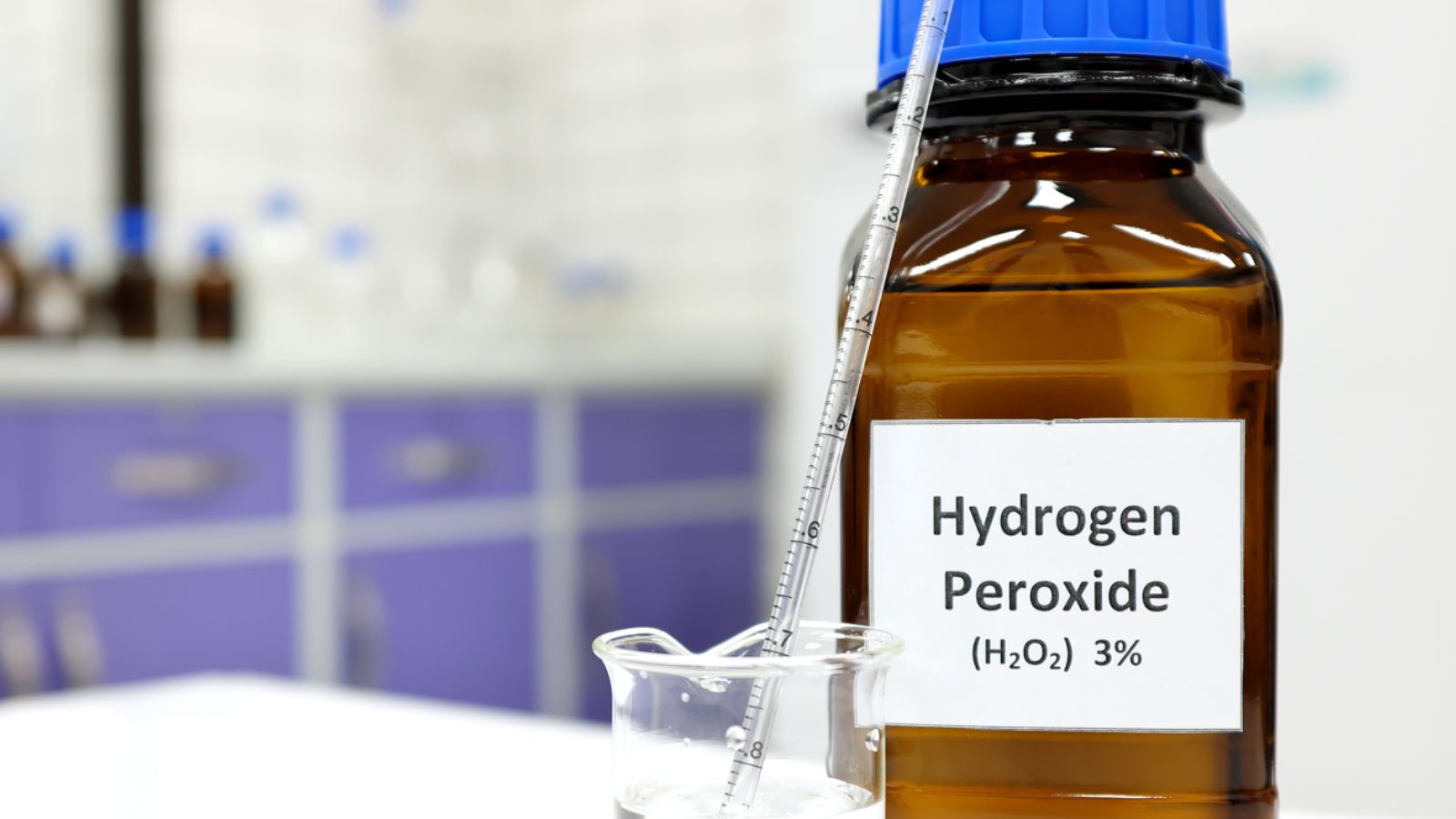
Hydrogen peroxide is harsh on fabric, and when you use it on colored clothes, you have bleaching and discoloration, as well as eventual unsightly spots and uneven coloring to deal with. Instead, stick to a color-safe bleach or a detergent designed for colored fabrics to keep your clothes and upholstery looking vibrant and intact.
Dish Soap in a Dishwasher
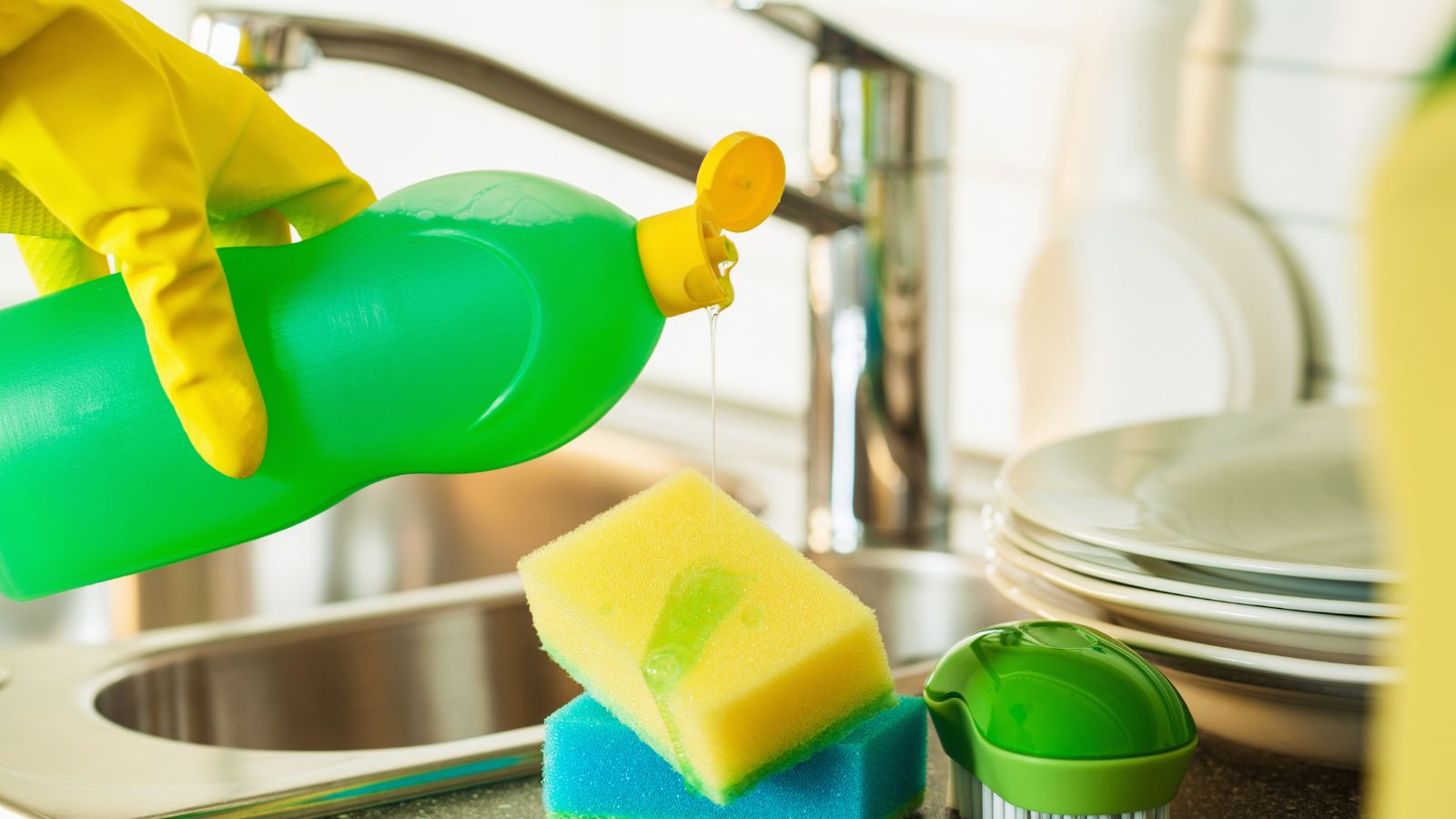
Overflowing suds and potential leaks can result from using dish soap in dishwashers, potentially causing damage to them and other appliances around them. Always use a detergent specifically formulated for dishwashers to ensure proper cleaning and to avoid causing any such electrical harm to your kitchen appliances.
Furniture Polish on Floors
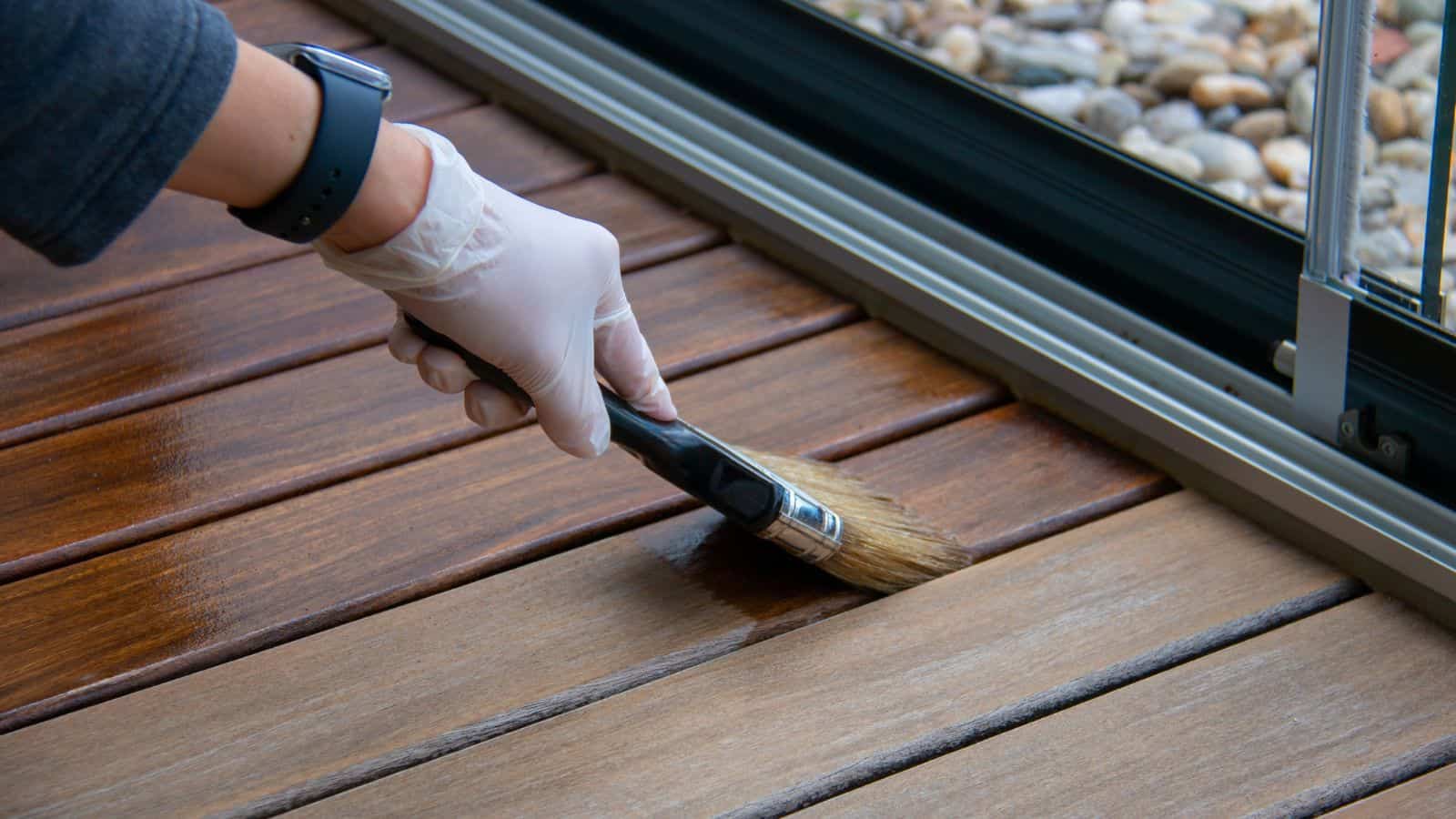
Furniture polish, when used on floors, can lead to slippery conditions and, hence, create a serious fall hazard in your home. It’s always better to spend some extra on a cleaner designed for your specific type of flooring or use simple homemade soap to keep them both clean and safe.
Cool Water on Cast Iron
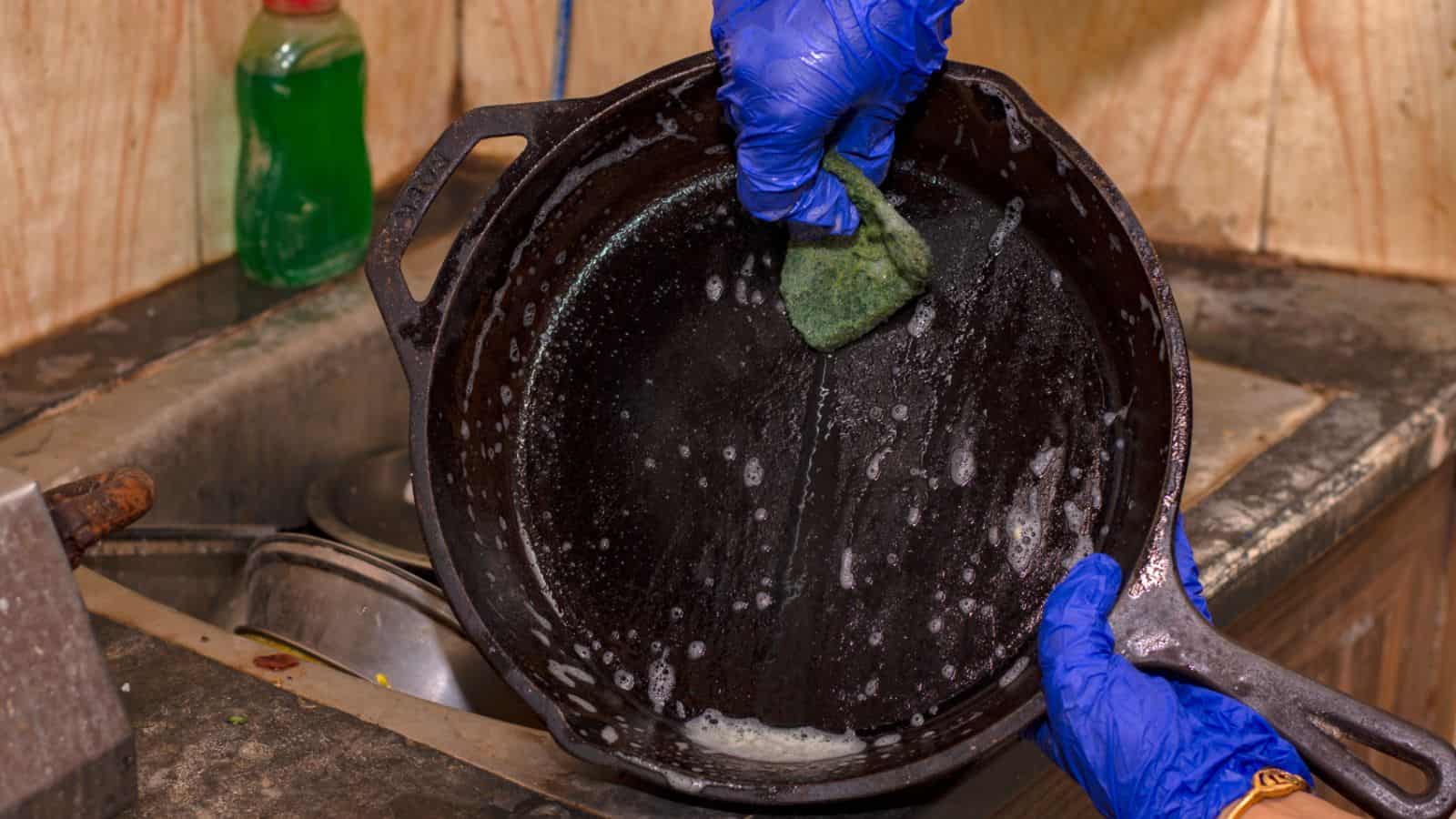
Rust and deterioration are likely outcomes when cool water is used on cast iron over long periods, compromising its cooking performance and lifespan. After cooking, MSU says to rinse cast iron pans with running hot water, wipe them clean with a dry cloth or paper towel, and season them regularly with oil to maintain their non-stick surface and prevent rust.
Toilet Bowl Cleaner on Grout
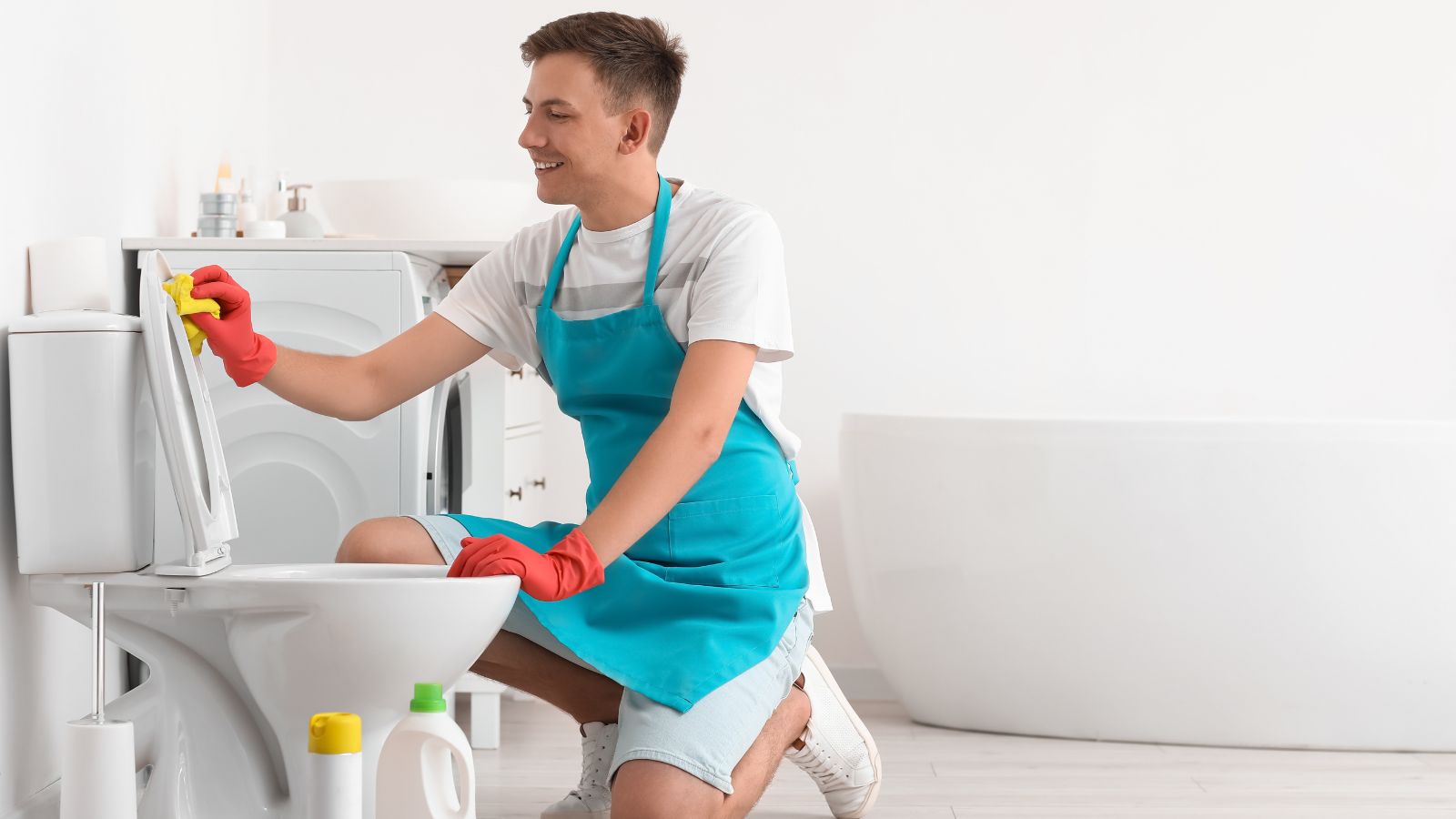
Grout deterioration and crumbling can occur over time when you employ toilet bowl cleaners on them due to the harsh chemicals in these cleaners. Always use a mild cleaner or even a baking soda and water paste, as these allow you to clean grout without damaging it.
Window Cleaner on Electronics
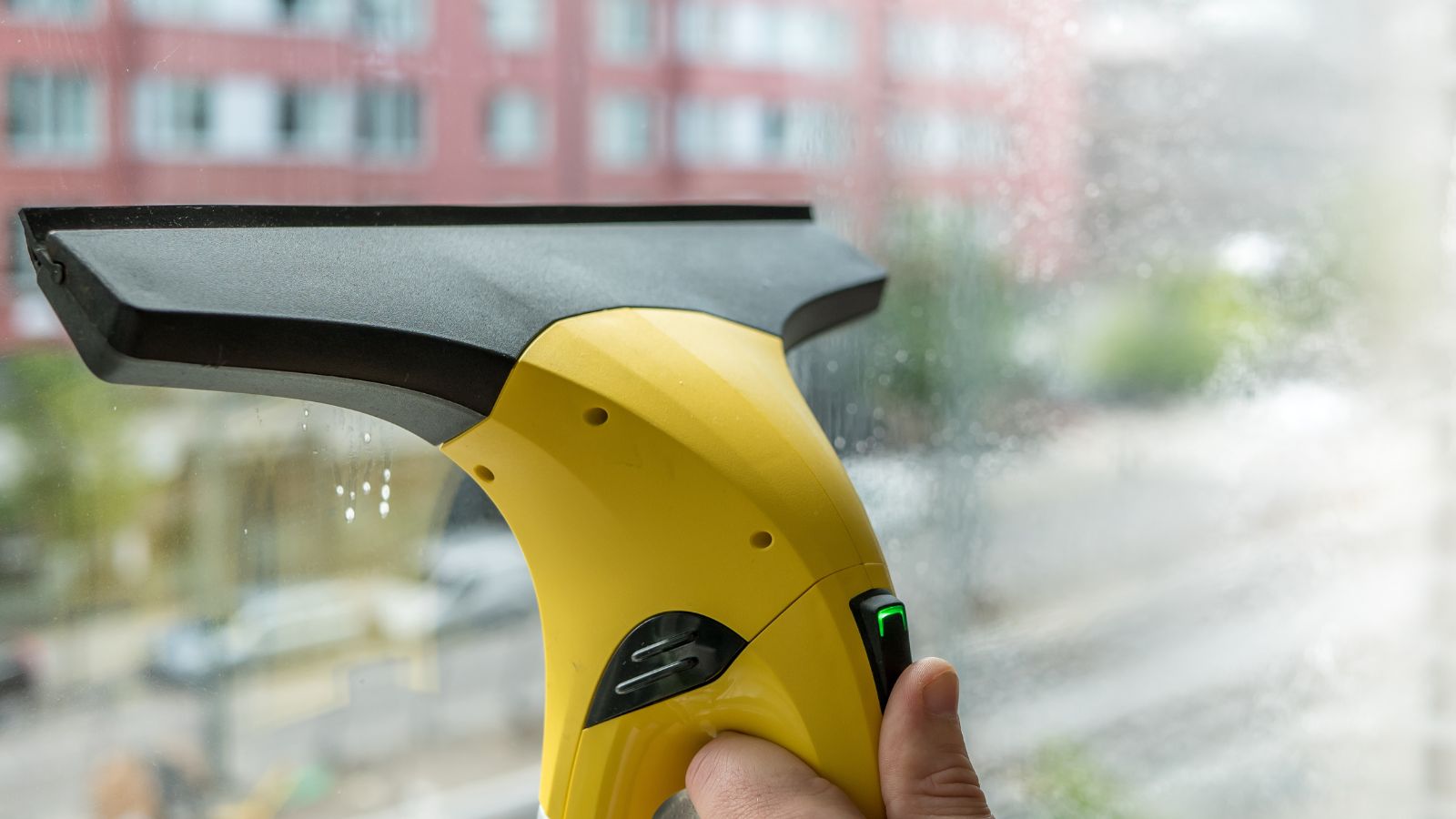
Damage and malfunction can occur when window cleaners are used on screens and electronics. Considering how expensive electronics can be, it’s always cheaper to spend a little extra on a microfiber cloth and cleaner designed for electronics to ensure you safely clean your devices without causing harm.
Vinegar on Egg Stains
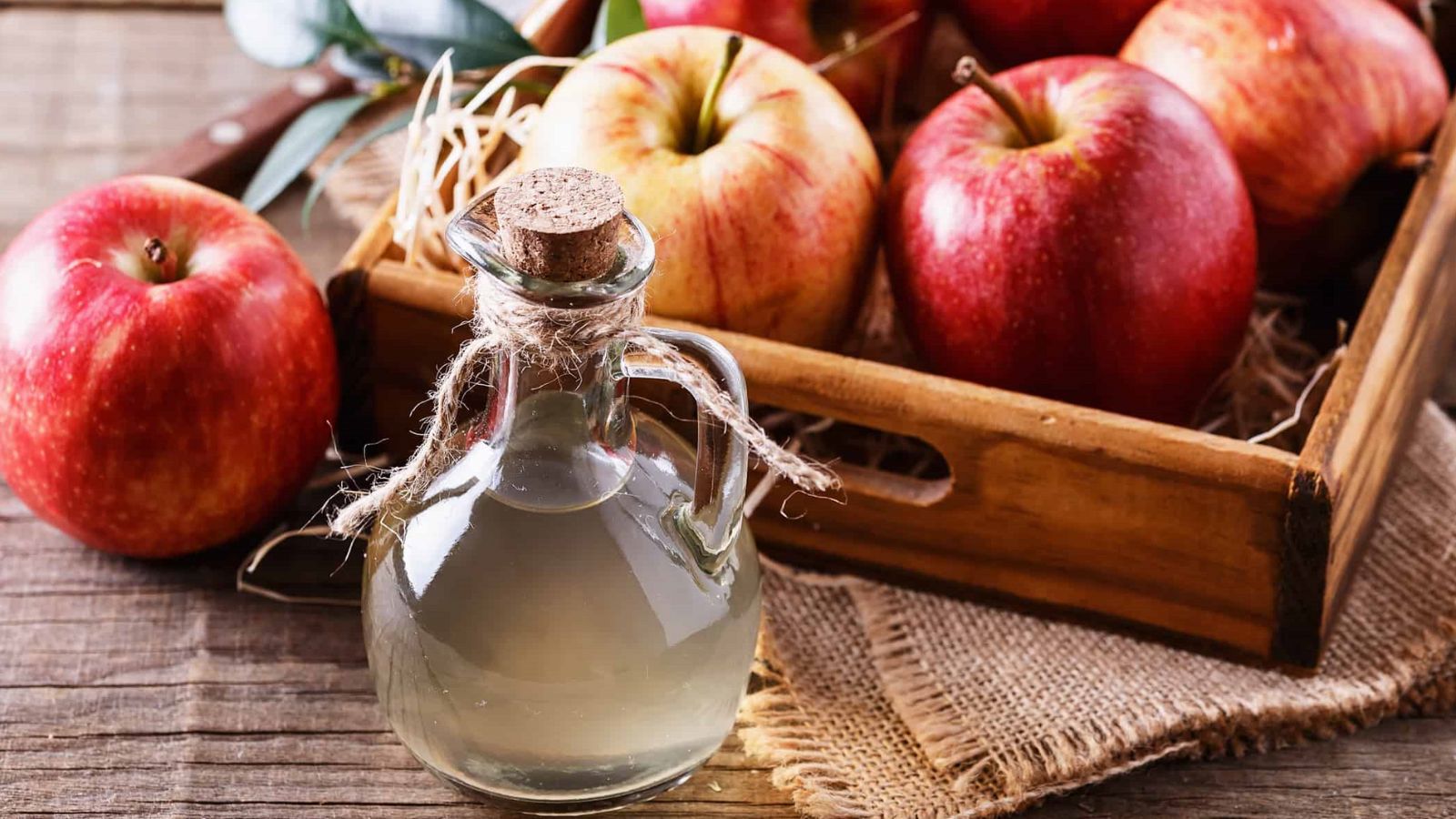
The coagulation of egg stains is more likely when you apply vinegar, and this makes it even harder to remove egg stains from surfaces. What’s better is using cold water and a mild detergent to clean up egg spills and stains to prevent them from setting. You should do this immediately as well, so they don’t leave foul smells in your home.
Hot Water on Blood Stains
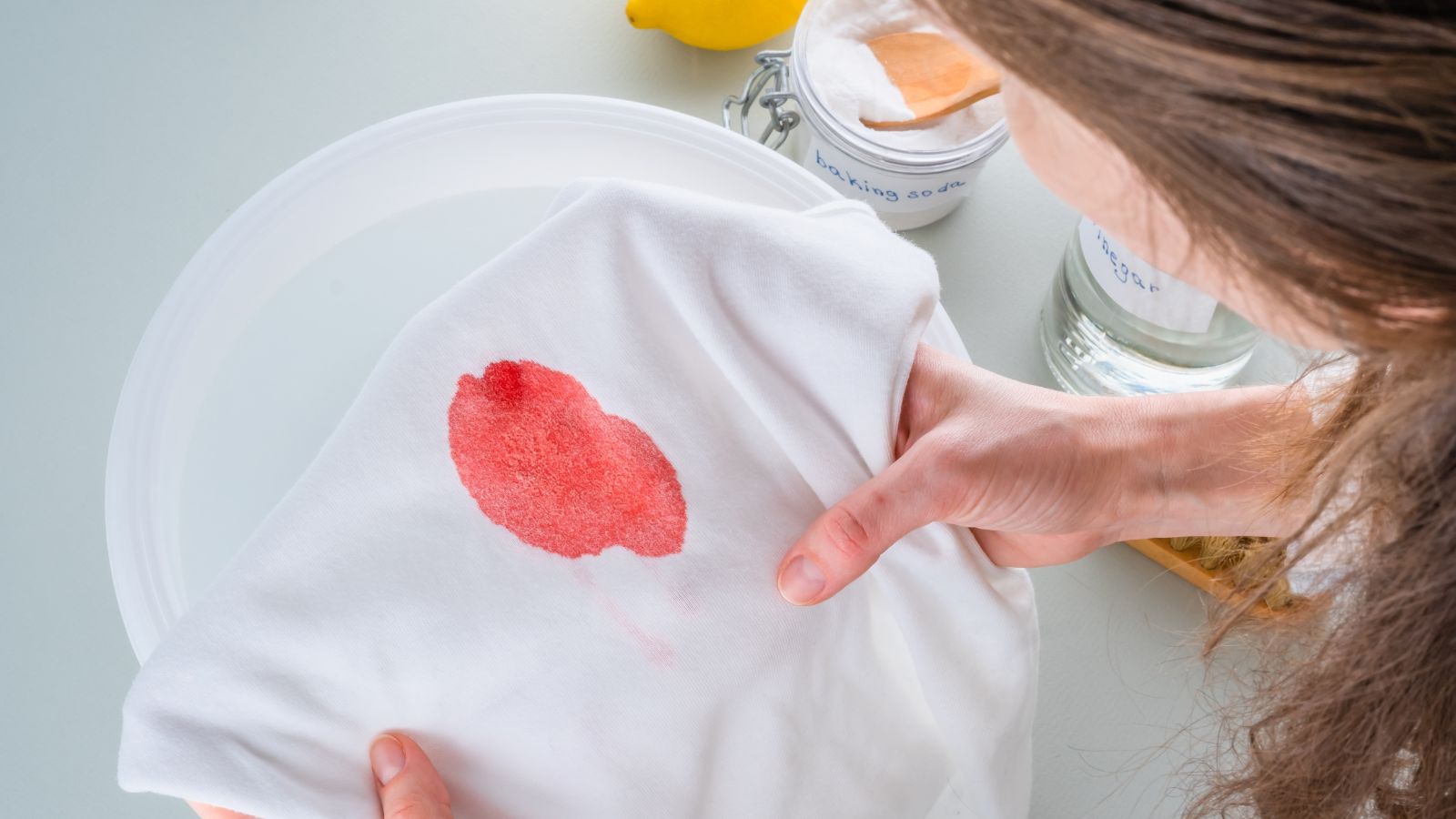
Blood stains can set into fabrics when hot water is used, and when this happens, they become nearly impossible to remove. To lift blood out of fabric without risking the stain setting in and becoming permanent, always simply use cold water and a gentle detergent.
Paper Towels on Painted Surfaces
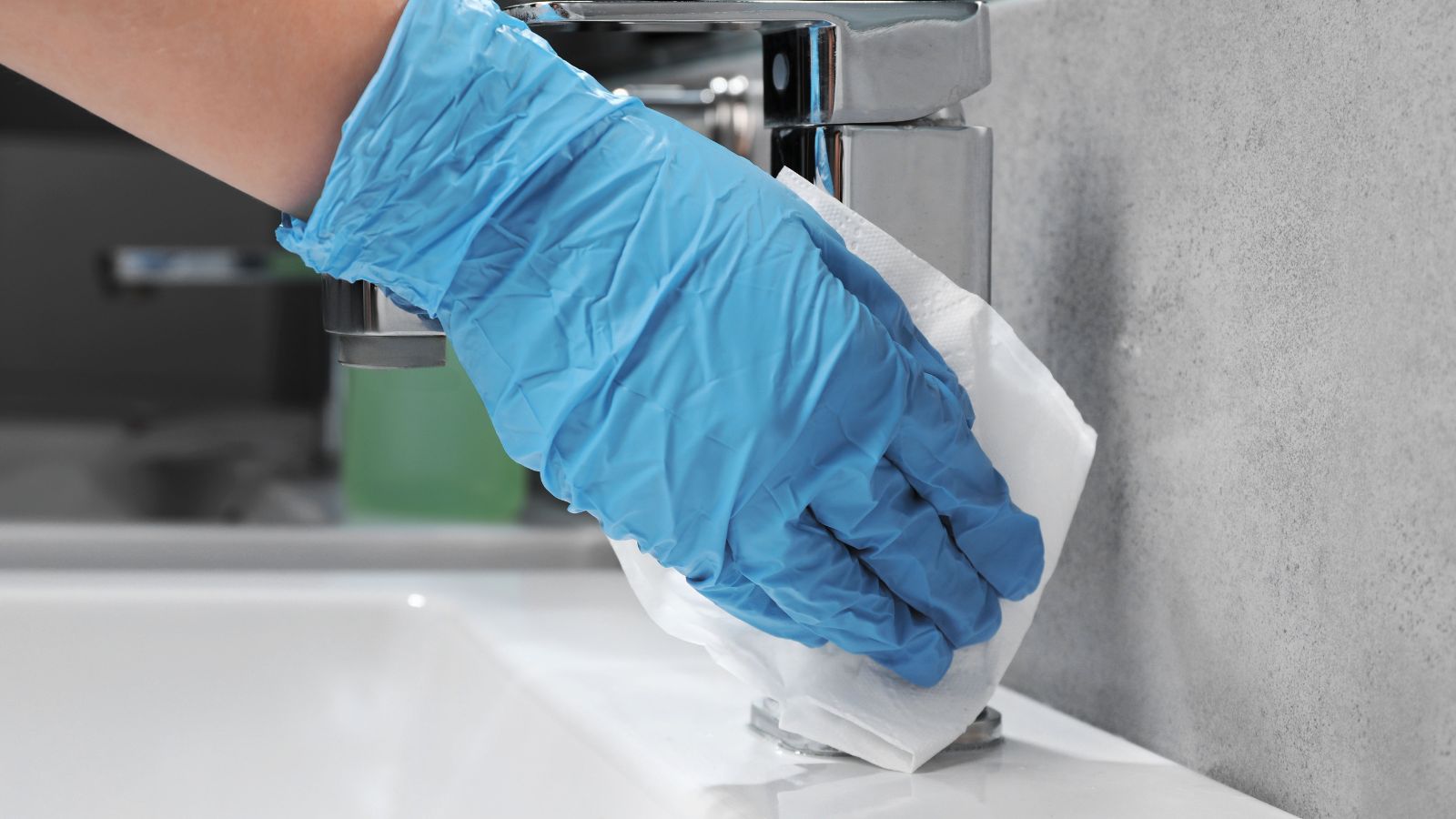
Scratches and damage can result from using paper towels on painted surfaces, which eventually leave these surfaces looking dull and, in worse cases, marred. You’re better off using a soft cloth or microfiber towel instead, as these are gentle and will help you preserve the finish on paint jobs.
Lemon Juice on Marble
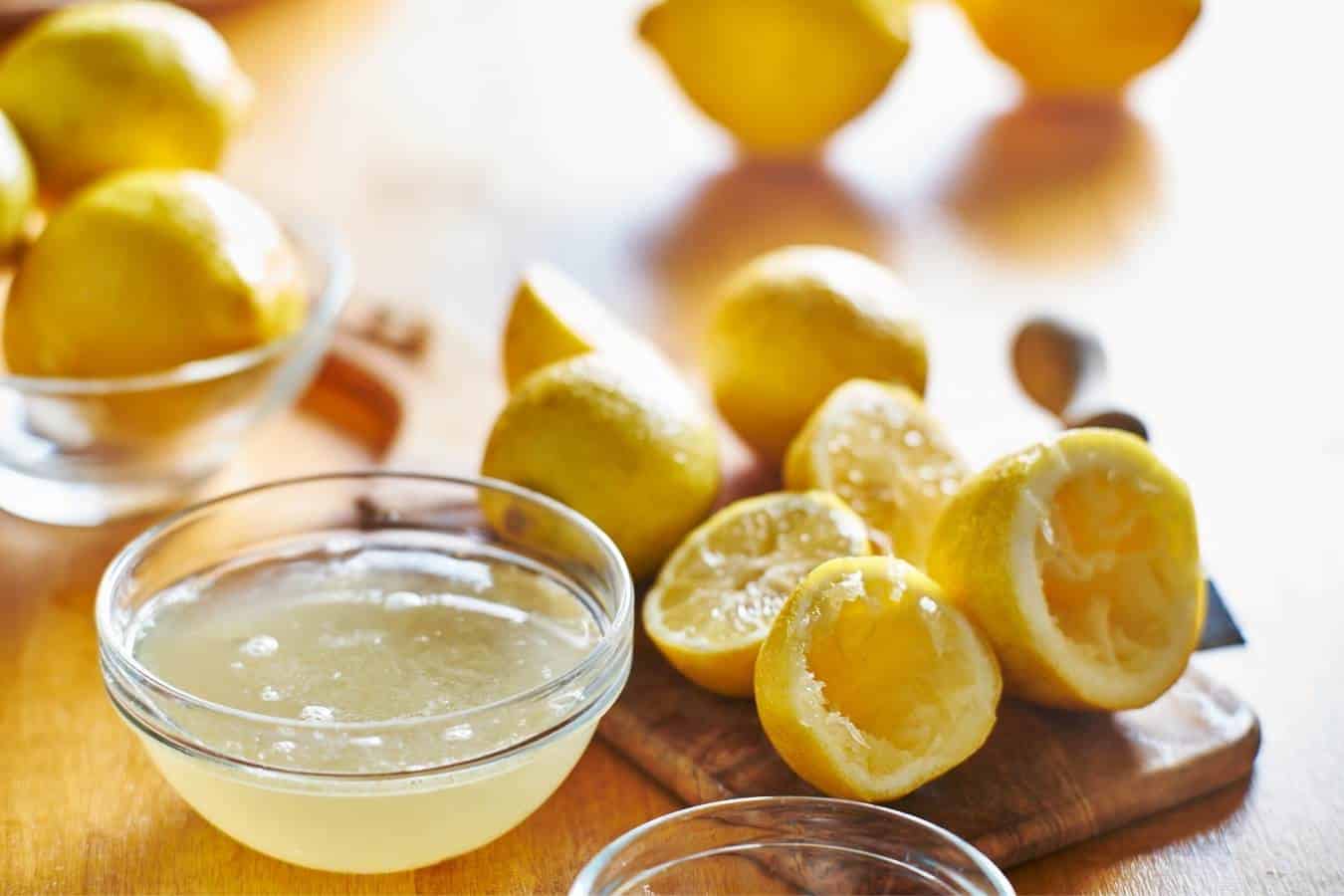
When lemon juice is used on marble surfaces, one of the most common issues you potentially face is etching, which makes your marble tops textured. The acidity of lemon can also leave your marble topos with dull spots and white stains. This is why you should always use a pH-neutral cleaner designed specifically for marble.
Steel Wool on Nonstick Pans
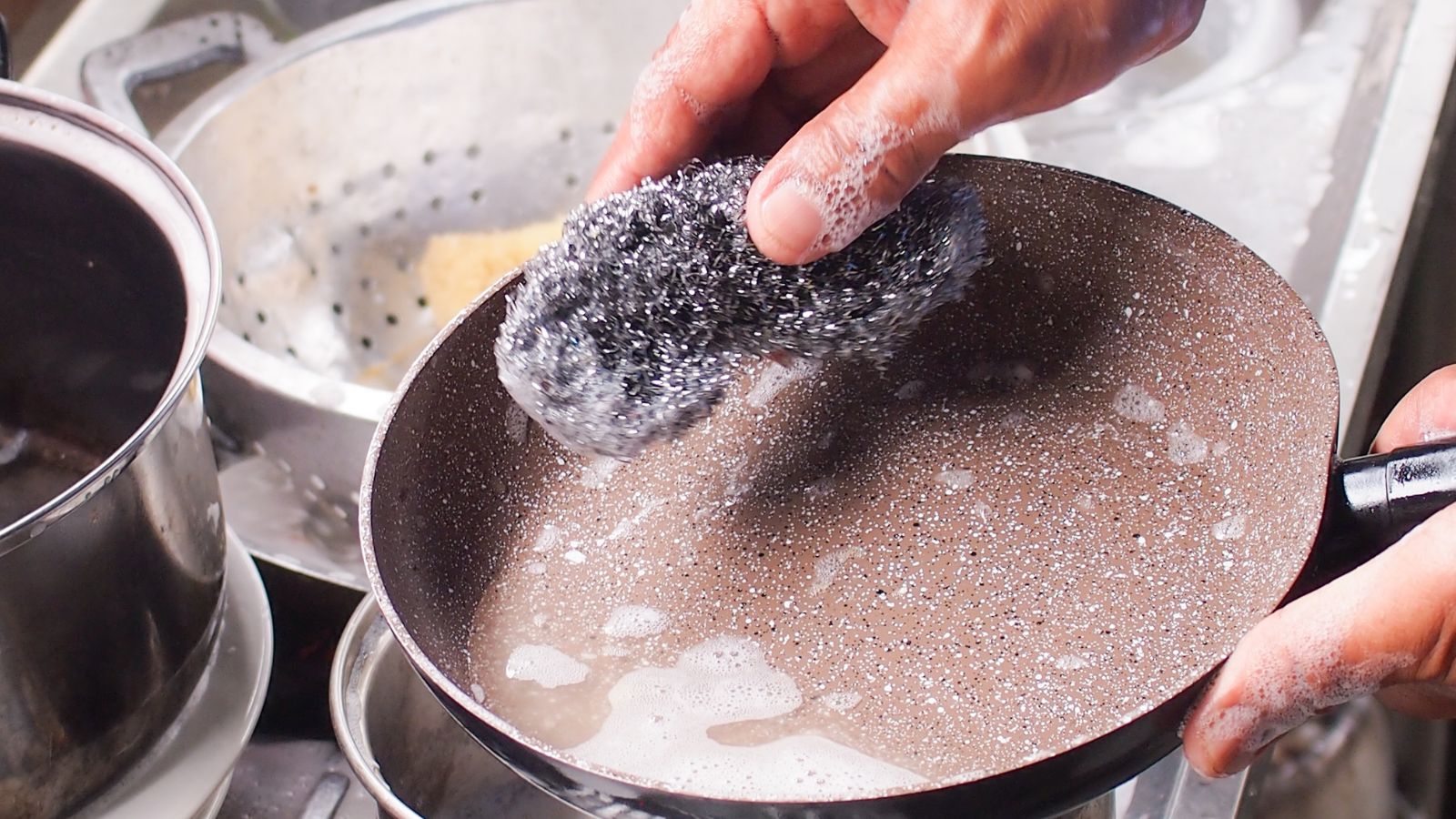
As CNN states clearly, “Avoid using harsh scouring pads and never use steel wool on a nonstick surface.” Doing this only causes scratches and damage to the pan’s nonstick coating, making it less effective. Use a soft sponge, gentle dish soap, vinegar, and dish towels instead to protect your pans.
Oven Cleaner on Self-Cleaning Ovens
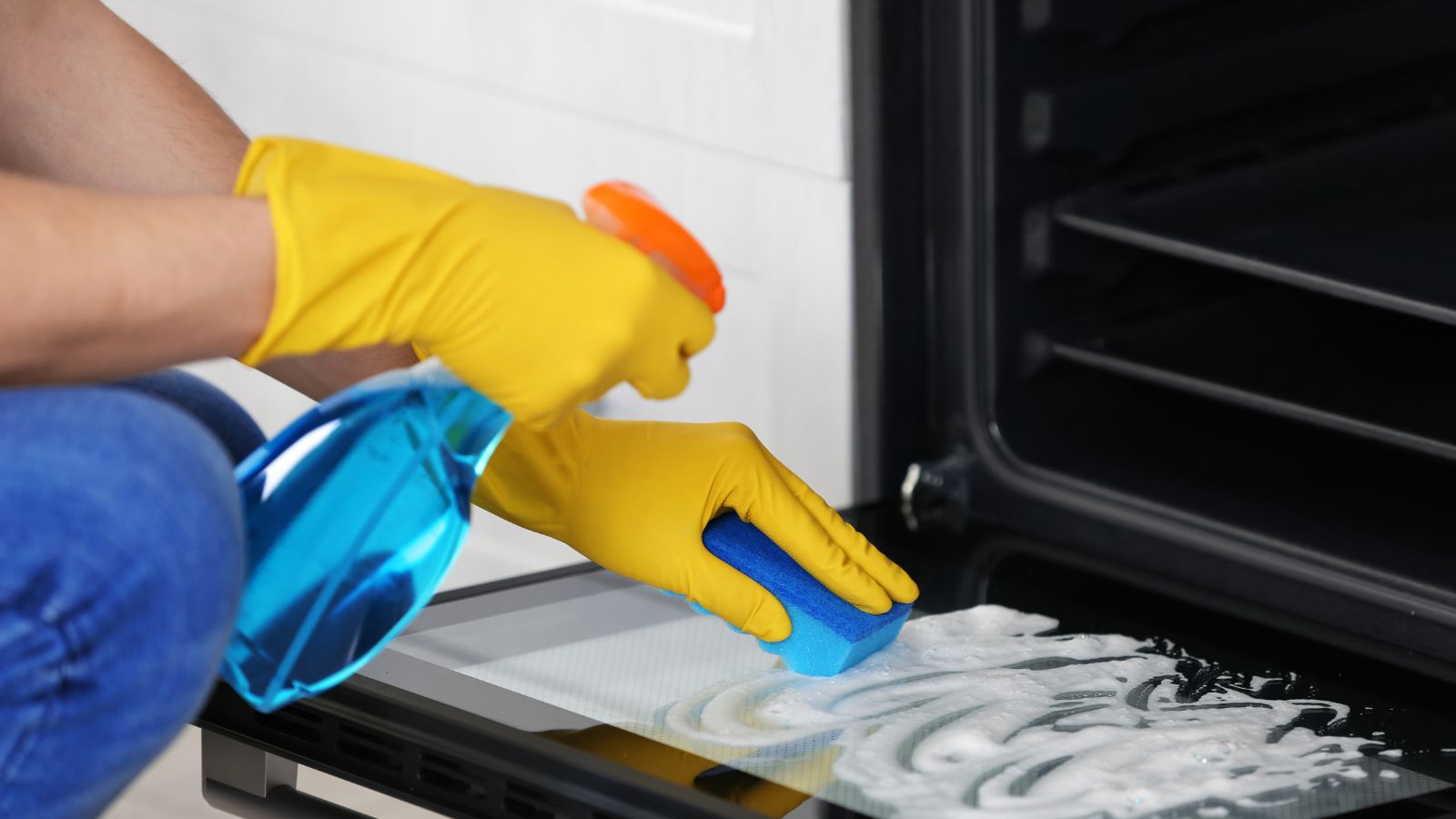
Despite how unnecessary manufacturers have made this, we still see many people using harsh oven cleaners that damage the special coating in self-cleaning ovens. You should instead settle for the self-cleaning function as recommended by the manufacturer or clean it with a mild, non-abrasive soap formulation.
Soap on Castile Surfaces
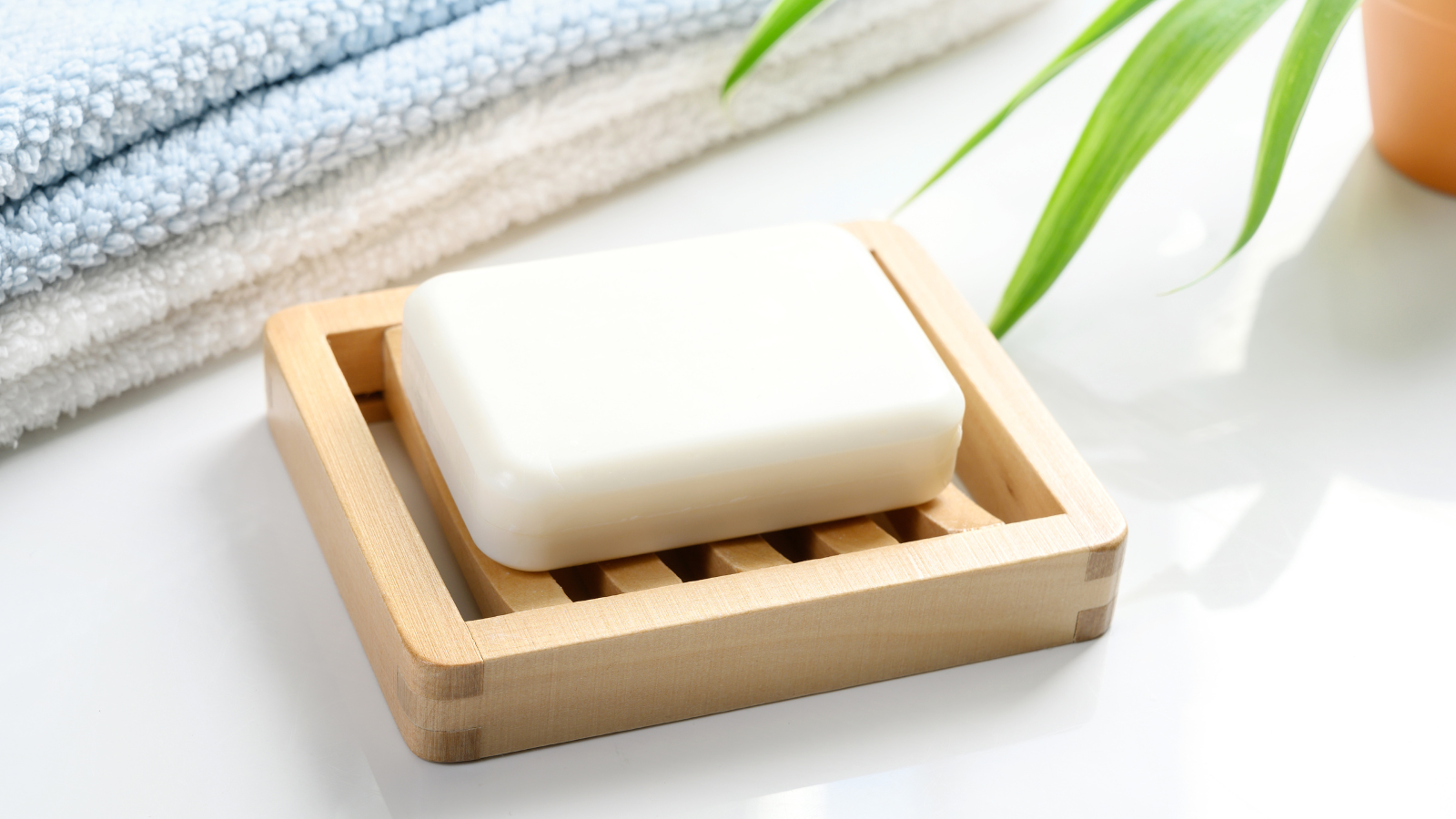
Residue left by Castile soap on surfaces can make them look dull and attract more dirt. Hence, it’s also best to use a cleaner specifically designed for the Castille surface you are cleaning. This helps you avoid residue buildup and keep your surfaces looking their best—maintaining cleanliness and visual appeal.
Alcohol on Wood Furniture
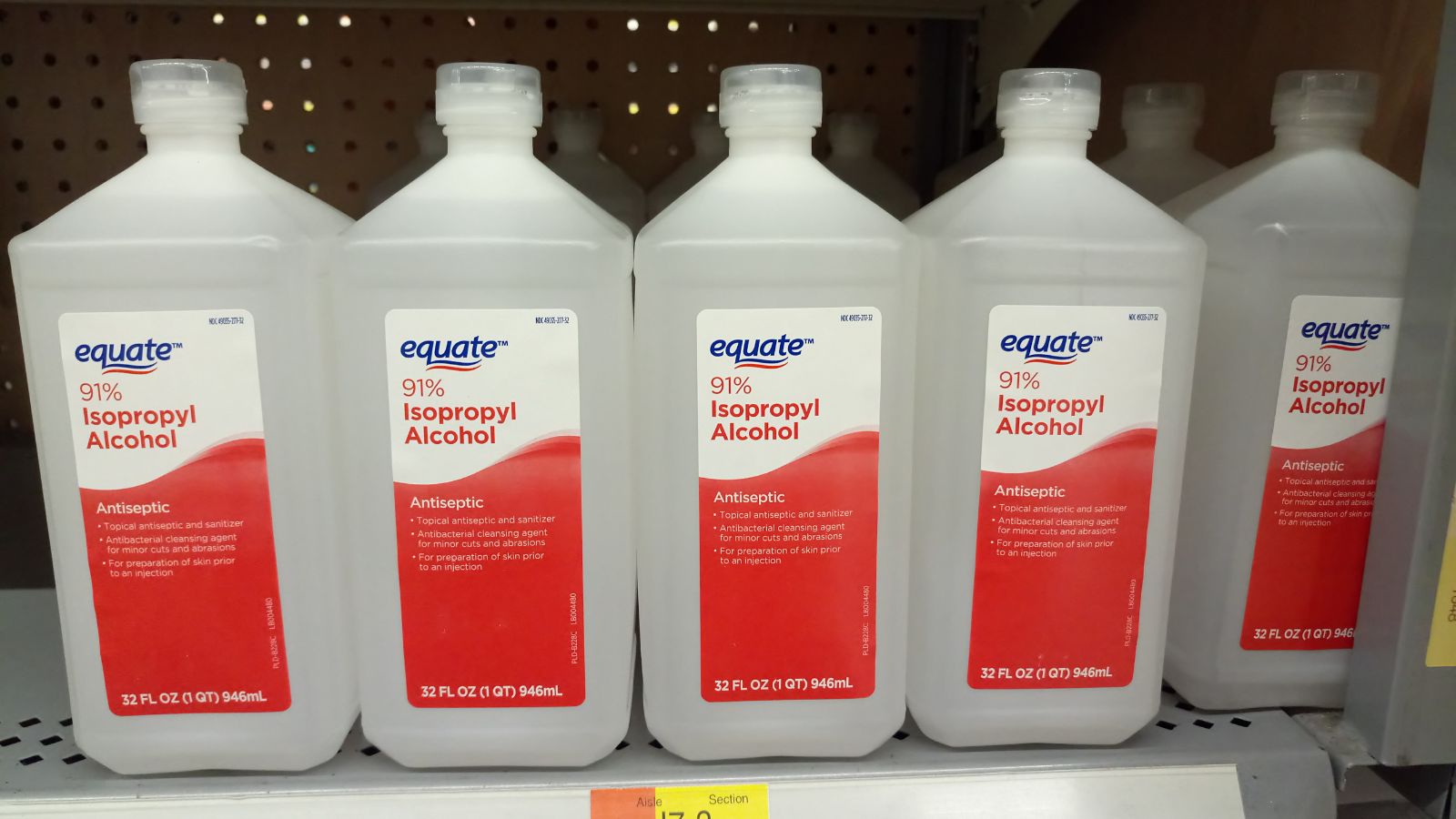
When you use alcohol on wood furniture, you risk stripping the finish from it. And this is a common issue that eventually makes your furniture look dull and vulnerable to damage. You get the best results when you clean wood furniture with something as simple as a mixture of water and mild soap.
Up Next: 18 Reasons Why Men Get Grumpier As They Age

You might read this and be able to relate, or you may feel you’ve become grumpier the older you’ve gotten. Or maybe you know of a male friend or relative who has. Here are 18 reasons why men get grumpier as they age.
18 Reasons Why Men Get Grumpier As They Age
17 Products Millennials Refuse to Buy and It’s Affecting the Economy

Millennials have been the center of so much media attention due to their spending habits. Their unique ways of spending have built up and crushed many traditional industries. In this article, we look at 17 things millennials stopped buying and how that has impacted society.
17 Products Millennials Refuse to Buy and It’s Affecting the Economy
Where Even Truck Drivers Won’t Stop

Truck drivers tend to be hardy souls—well-seasoned travelers who aren’t often afraid to rest up or refuel in risky locations. However, there are certain U.S. locations that even the most road-weary trucker refuses to stop at for fear of criminal activity or natural dangers. Here are 17 such locations that even experienced truck drivers approach with trepidation (or not at all).
